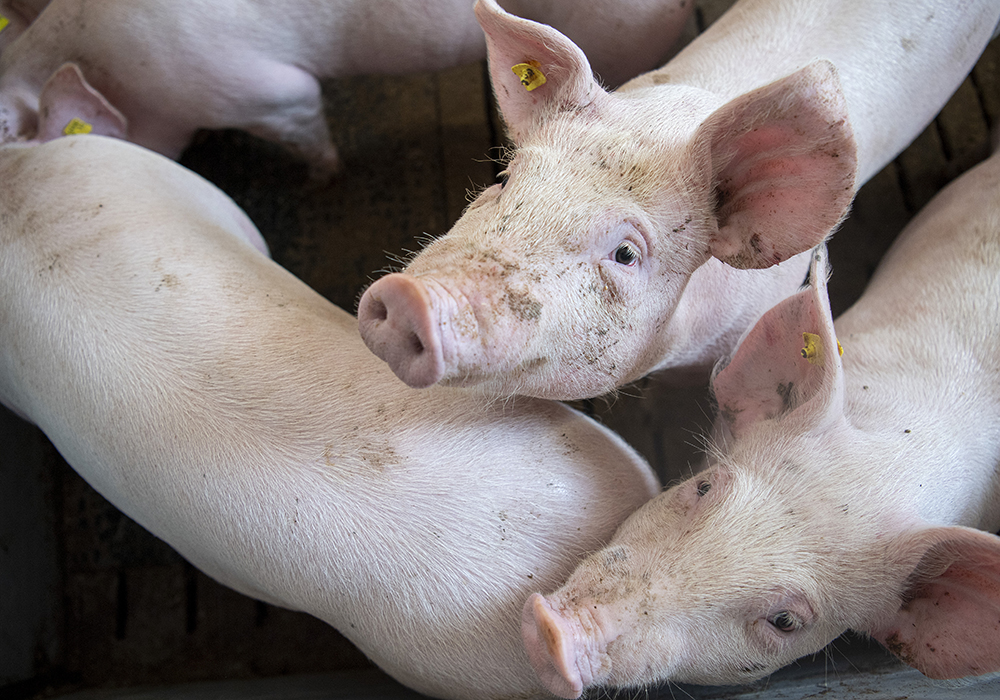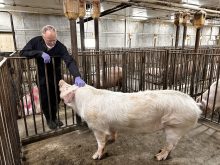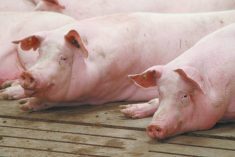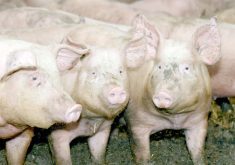Hog farmers are being asked to give the Canadian Food Inspection Agency an earful about ear tag proposals the industry considers unrealistic and unreasonable.
“There will be a lot of activity,” Jeff Clark, the Canadian Pork Council point man on the proposed regulations, said at the Manitoba Pork Council annual meeting April 13.
The proposed regulations are in a comment period until June 16, so concerned farmers and industry players will soon need to express their views if they hope to avoid some of the measures.
Clark said the U.S. National Pork Board is being asked to provide its views because some measures affect the millions of pigs that annually cross the Canada-U.S. border.
Read Also

Short rapeseed crop may put China in a bind
Industry thinks China’s rapeseed crop is way smaller than the official government estimate. The country’s canola imports will also be down, so there will be a lot of unmet demand.
“They do not like ear tags in their isoweans and feeder pigs coming into their barns,” said Clark.
Piglets and other border-crossing pigs are now commonly stamped with an identity tattoo.
“Ear tattoos are an amazing way to identify pigs going south,” said Clark.
Farmers and assembly yard operators are also being asked to pay attention to the regulations that could require all market hogs to be ear tagged.
“Their rationale for that is that it’s too hard for the inspectors to verify that they’re identified properly,” said Clark. “We will push back significantly on that. It’s a non-starter.”
Another concern is an apparently redundant demand on farmers that they either count or weigh any dead stock that has to be removed from the farm. That is already done on arrival at rendering plants.
“There’s no value to having you guys report that information. The renderers do a great job,” said Clark.
Producers will soon be requested to provide feedback to CFIA, Clark said. Now, the CPC and other industry players are talking with the agency, but farmers will provide important feedback.
















